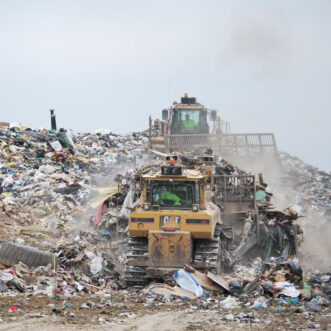
Owner/Client
GEO Specialty Chemicals, Inc.
Location
Harrison, NJ
CEC Services
- Erosion & Sedimentation Control
- Brownfield Redevelopment Services
- NPDES Permitting Support
- Site Characterization
- Soil/Groundwater Remediation Systems
- Stormwater Sampling and Permitting
- GPS/GIS Services
- Web and Mobile Application Development
Owner Objective
GEO Specialty Chemicals, Inc. (GEO) is a worldwide specialty chemicals supplier. GEO currently owns a facility on a 5.5 acre site that is located along the Passaic River in an urban renewal area in which recently closed. The site has been an active chemical manufacturing facility since approximately 1910, producing resins, animal nutrition products, and specialty chemicals for the paint and paper industries. The entire site is paved and lies within the 100-yr flood plain. Because of the site location in the 100-yr flood plain of a tidal waterbody, implementation of the site remediation requires multiple permits to be obtained from the NJDEP prior to initiating work. As a result of closing this facility, the New Jersey Industrial Site Recovery Act (ISRA) was triggered and requires an assessment of environmental impacts at the site. Currently, there are several development companies interested in redeveloping the property for mixed-commercial/residential parcel.
CEC Approach
GEO engaged CEC to provide Licensed Site Remediation Professional (LSRP) services to guide the site through the NJ ISRA process. In addition, GEO required regulatory support for the plant demolition and support working with potential buyers to communicate the environmental assessment and remediation process and status.
CEC designed a Site Investigation (SI) and Remedial Investigation (RI) that rapidly and efficiently characterized the extent of residual petroleum impacts that are driving remediation at the property. CEC prepared a Remedial Action Workplan (RAW) to remove and dispose of approximately 3,000 yds3 of petroleum impacted soil. The RAW included demolition and removal or approximately 10,000 yds3 of concrete foundations. Historical foundations were identified using georeferenced historical aerial photographs and an electromagnetic survey. CEC prepare a Beneficial Use Determination to the NJDEP to sample and crush the concrete for use as fill material on the site to reduce costs of imported fill. CEC provided regulatory support for demolition of the on-site structures to limit permitting requirements. Preparation for a soil and sediment erosion control plan for the demolition and remediation project was also performed.
CEC was able to reduce project cost by characterizing and crushing concrete vs. importing fill, collecting contingency samples and holding them at the laboratory to limit the number of mobilizations required to complete the soil delineation, and during the demolition CEC’s knowledge of NJDEP permitting requirements helped GEO manage their project to minimize permits during demolition.


